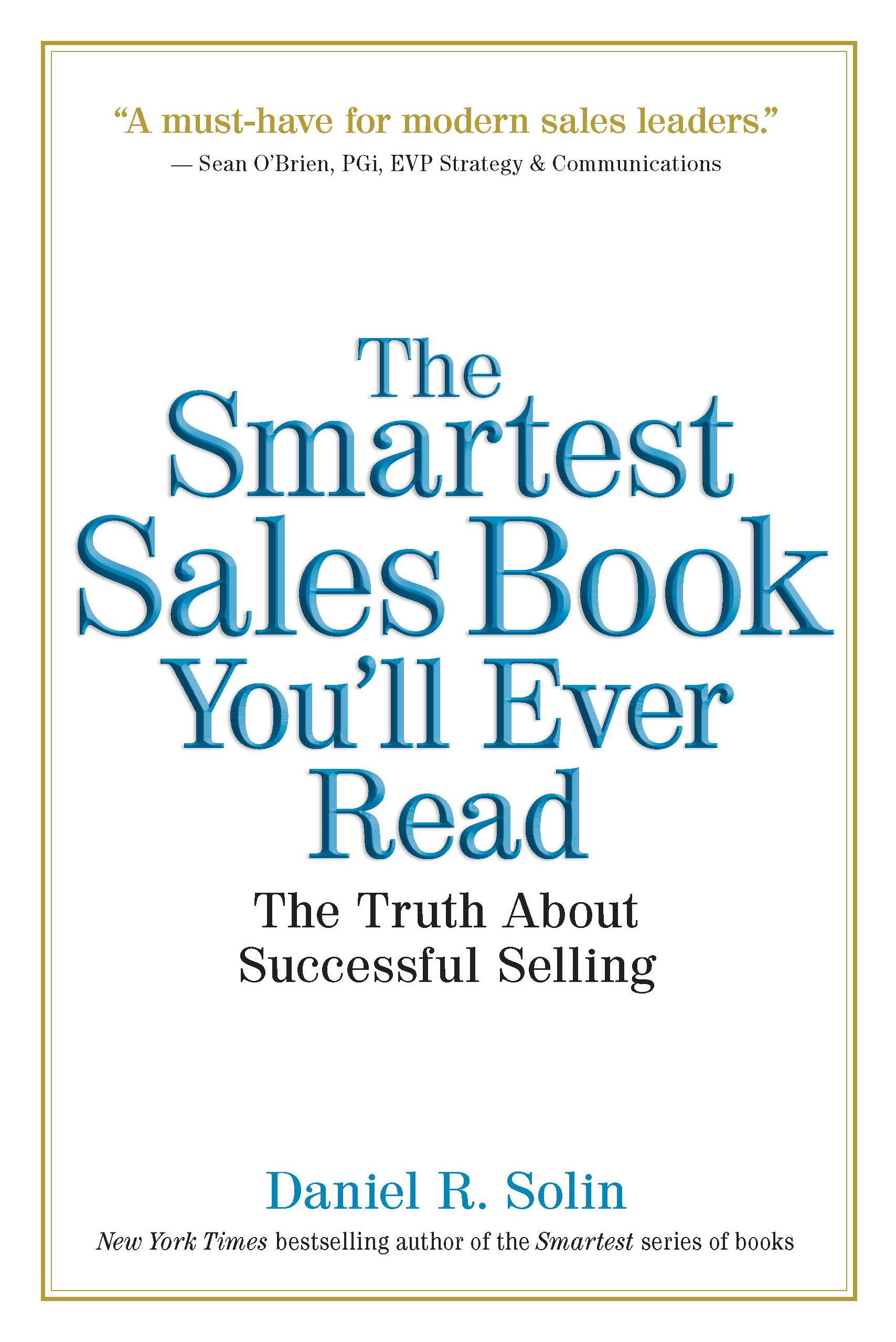All across America, a familiar ritual is repeated at least quarterly. Sponsors of 401(k) plans meet with their brokers, insurance companies or other advisers. The purpose of the meeting is to decide which funds to keep as investment options and which ones to eliminate. Everyone has a familiar role. The plan adviser comes prepared with data demonstrating why certain fund managers aren't performing and need to be eliminated. The data are quite convincing. They show significant underperformance compared with the fund's benchmark index.
Choosing a replacement for underperforming funds is quite simple. The adviser explains the results of a "comprehensive analysis" of thousands of funds. This analysis winnows down the "winners." The plan sponsor and the adviser solemnly debate which fund should be selected. An agreement is reached. The sub-performing funds are bounced. New ones are selected.
Because this scenario occurs with such frequency, it's difficult to track which funds were once included in the plan and then eliminated. I have seen situations in which brokers have recommended funds for inclusion, subsequently excluded them and then later recommend they once again be included.
One of my colleagues recently observed that this practice validated Einstein's definition of insanity. I agree.
A recent article in The Wall Street Journal noted that American doctors make a wrong diagnosis on adults more than 12 million times a year. The executives who sit on the committees of 401(k) plans are highly intelligent people. I assume they wouldn't use a doctor who has a history making the wrong diagnosis. Yet they rely on advisers who purport to be able to select outperforming funds, notwithstanding their demonstrated history of failing to do so.
This behavior is all the more perplexing because of the compelling data that demonstrates that past performance really is not predictive of future performance. A recent analysis from S&P Dow Jones Indices looked at the ability of top-performing funds over different time periods to continue their stellar performance in subsequent years. The results are chilling.
Out of the 687 funds that were in the top quartile as of March 2012, only a puny 3.78 percent stayed in the top quartile at the end of March 2014. The low percentages were similar for other asset classes.
The study reached this startling conclusion: "An inverse relationship exists between the measurement time horizon and the ability of top-performing funds to maintain their status."
Translation: Instead of eliminating poor-performing funds and replacing them with high-performing ones, plan sponsors and their advisers might be better off reversing the process!
Here's a much better suggestion. Abandon all efforts to find outperforming fund managers. The odds of success are daunting. For the 10-year period ending December 31, 2013, only 19 percent of mutual funds survived and beat their index for 10 years. I have yet to see any evidence supporting the ability of anyone with the expertise to identify these outperforming funds prospectively.
Instead, plan sponsors (and individuals) should focus on factors they can control, like expenses, turnover and diversification. Employees should be offered a limited number of globally diversified portfolios of low-management-fee index or passively managed funds, at risk levels ranging from conservative to aggressive. The focus of meetings between plan sponsors and advisors should shift from adding and dropping funds to enhancing retirement readiness and measuring outcomes for employees.
Those would be meetings worth having!
 Dan Solin is the director of investor advocacy for the BAM ALLIANCE and a wealth advisor with Buckingham. He is a New York Times best-selling author of the Smartest series of books. His latest book is The Smartest Sales Book You'll Ever Read.
Dan Solin is the director of investor advocacy for the BAM ALLIANCE and a wealth advisor with Buckingham. He is a New York Times best-selling author of the Smartest series of books. His latest book is The Smartest Sales Book You'll Ever Read.
The views of the author are his alone and may not represent the views of his affiliated firms. Any data, information and content on this blog is for information purposes only and should not be construed as an offer of advisory services.

